We have updated our Privacy Policy Please take a moment to review it. By continuing to use this site, you agree to the terms of our updated Privacy Policy.
Virago Timeline
Five decades of feminist publishing
Browse our history to learn how Virago started and where we are today.
1970s | 1980s | 1990s | 2000s | 2010s | 2020s
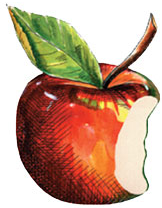
1972: Spare Rib Books is founded
Carmen Callil, with Rosie Boycott and Marsha Rowe of Spare Rib Magazine, start Spare Rib Books in July 1972, inspired by the magazine. The revolutionary idea of putting women’s words and history in print – in a magazine and in books — sprang from the counter-cultural underground press movement. Carmen Callil who did the publicity for the launch of the magazine saw a books opportunity; Marsha and Rosie agreed and the three met frequently to brainstorm book ideas. The company is registered in October.
By the end of that year the name was changed to Virago

1973: the newly-named Virago Press is official
Virago, a feminist business was officially listed as a publishing company in June 1973. Virago is registered as a limited company, with Carmen Callil, Marsha Rowe and Rosie registered as directors, having one share each, and Carmen the remaining
Quartet agree to publish jointly with Virago four books a year

1973: Virago: `for 52% of the population’
Virago (working out of Carmen’s house in Cheyne Row, Chelsea, London) is to be ‘the first mass-market publisher for 52 per cent of the population – women. An exciting new imprint for both sexes in a changing world.’
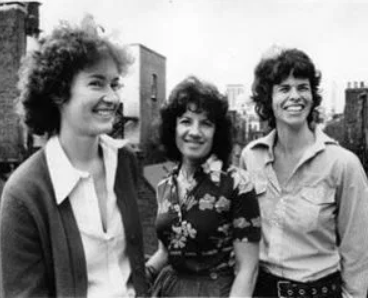
1974: Carmen Callil Ltd finances Virago
Marsha (to work full time on Spare Rib) and Rosie (to travel) step back and resign in 1974 and 1975 respectively; Ursula Owen, who begins working freelance in 1974, becomes a director later that year. Harriet Spicer, who was working at Carmen Callil Ltd, takes up work for Virago. The following year Virago becomes self-financing and independent with capital of just £1,500 and a guaranteed overdraft of £25,000.
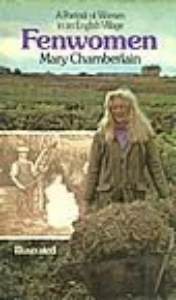
1975: Fenwomen – Virago’s first book
Fenwomen by Mary Chamberlain is published. It is Virago’s first book (in association with Quartet).
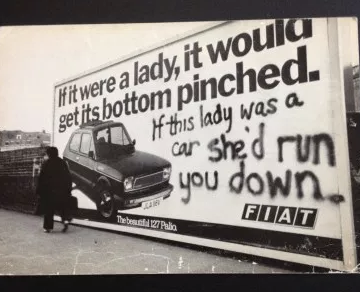
1976: Virago is a feminist publishing company
On page two of every book was printed: Virago is a feminist publishing company: ‘It is only when women start to organise in large numbers that we become a political force, and begin to move towards the possiblity of a truly democratic society in which every human being can be brave, responsible, thinking and diligent…
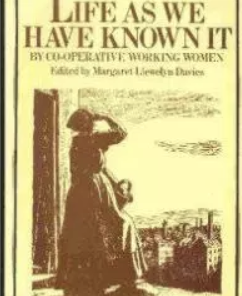
1977: Fully independent Virago publishes its first book
Inspired by Sheila Rowbotham’s Hidden from History, Virago begins the Virago Reprint library. First book from the new, fully independent Virago: Life As We Have Known It by Co-operative Working Women. Virago moves to fourth floor, 5 Wardour Street, Soho, London.
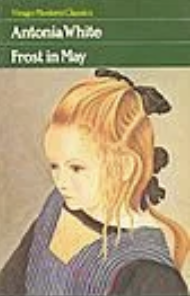
1978: Modern Classics launched
The Virago Modern Classics launch with Frost in May by Antonia White, leading to a list that becomes a Virago hallmark, dedicated to the rediscovery and celebration of women writers, challenging the narrow definition of Classic. View the full list of Virago Modern Classics here.
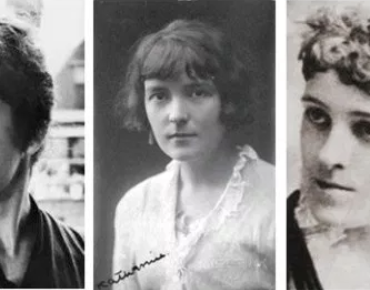
1978: The Virago Modern Classic list
Published with new introductions by some of today’s best writers, the list encompasses such diverse writers as George Eliot, Grace Paley, Elizabeth von Arnim, Pat Barker, Edith Wharton, Mae West, Angela Carter, Willa Cather and Molly Keane.
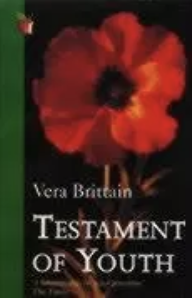
1978: Testament of Youth rediscovered
Testament of Youth by Vera Brittain is rediscovered and published. It later became a TV drama and is now a set text throughout UK.
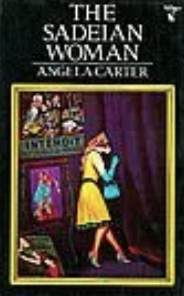
1979: Angela Carter’s first non-fiction book published
Angela Carter’s first non-fiction book, The Sadeian Woman, is published. Five of her novels are also published as Virago Modern Classics. She finished her Book of Fairy Tales for Virago just before her death in 1992.
